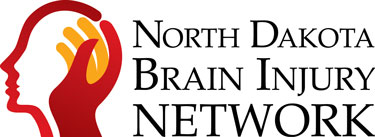Sleep Tip Sheet
The American Academy of Neurology reports that as many as 40 to 65 percent of people with mild traumatic brain injury complain of insomnia. Lack of sleep has a negative effect on cognition, mood, energy levels and appetite.
Look for These Difficulties
- Difficulty falling asleep at night/waking in the night and unable to fall back to sleep
- Not feeling rested when waking in the morning
- Easily wakened
- Pain or discomfort making it difficult to fall asleep
Accommodations
- Keep a consistent sleep/wake schedule
- Avoid caffeine and nicotine
- Avoid eating heavy meals or foods before bed
- Exercise regularly, but avoid exercise in late evening
- Make sure your room is very dark and quiet
- Use your bedroom only for sleep (Do not watch TV or use electronic devices in bed)
- Avoid long afternoon naps
- Use simple breathing exercises
- Using lavender or other essential oils as aromatherapy to assist with sleep
- If stress and anxiety are keeping you awake at night, individual therapy may help
- Consult your doctor about sleep concerns
